BY WALTER OPINDE
Born into slavery by 1797 and raised as a slave in Ulster County, New York City, Sojourner Truth, born Isabella Baumfree, grew to be an outspoken woman advocate for abolition, civil rights, temperance, equality, and women’s rights. Her active role in the Civil War earned her respect and prompted her invitation to meet the then most powerful man in American land, President Abraham Lincoln in 1864.
From her childhood to youth age, and through to adulthood, Truth was sold and bought approximately four times, besides being subjected to violent punishments and harsh physical labor. As well, she had four of her five children sold for slavery and away from her. However, all these sufferings did not bar Sojourner Truth from setting her legacy. During the Civil War, she collected black regiment supplies and commenced her advocacy for black freedom during the Reconstruction period. Sojourner became an impassioned and powerful speaker whose legacy of racial equality and feminism powers still resonate to date.
Truth escaped to freedom in 1826 when she was about 29 years of age. Upon her escape, she went to the court to reclaim her son out or slavery to freedom in 1828. She became the first African-American woman to win a slavery court case against a white man. After her escape, Truth began to embrace evangelism (religion) and immediately become involved in abolitionism movements and moral reforms for the blacks.
Upon her conviction in God, believing that the Almighty had called her leave the city and travel to the countryside to testify and spread the gospel of “Hope,” Isabella Baumfree gave herself a new name, Sojourner Truth, in 1843, which became her famous name. Perhaps what made gave Truth her prominence was her best-known speech ever, “Ain’t I a Woman,” delivered in 1851 during the Ohio Women’s Rights Convention in Akron, Ohio. This speech quickly spread and became widely known, almost worldwide, during the Civil War and Reconstruction period.
During the Civil War, Sojourner became a very active female participant, helping in the recruitment of African-American troops in the Union Army. When the war calmed down, Truth unsuccessfully tried to secure the “Lands Grants” for the former slaves from the Federal Government. Sojourner, in 1844, joined the NAEI (Northampton Association of Education and Industry) at Northampton, Massachusetts. The organization was funded by a group of abolitionists who supported religious tolerance, women’s rights, as well as pacifism and abolition of slavery. Sojourner is credited for composing the song “The Valiant Soldiers,” which was sung by her in Detroit and Washington, D.C., as well as during the First Michigan Colored Regiment.
Until her death on 26th November 1883, at her Battle Creek home, Truth vehemently spoke against slavery and racism while supporting abolition, prison reforms, women’s rights, and equality. She preached against capital punishment to the Michigan Legislature. However, not everybody welcomed Truth’s way of civil rights advocacy, lectures, and preaching.
Read more of the original story via:
http://www.history.com/topics/black-history/sojourner-truth
https://www.nwhm.org/education-resources/biography/biographies/sojourner-truth/
https://www.nps.gov/wori/learn/historyculture/sojourner-truth.htm
Sources
Folsom, Burton W. “Black History Month: The Crusade of Sojourner Truth,” Mackinac Center for Public Policy. Last modified February 1, 1999. http://www.mackinac.org/article.aspx?ID=1649.
Gillis, Jennifer Blizin. Sojourner Truth. Chicago, Illinois: Heinemann Library, 2006.
Painter, Nell Irvin. Sojourner Truth: a Life, a Symbol. New York: W.W. Norton, 1996.

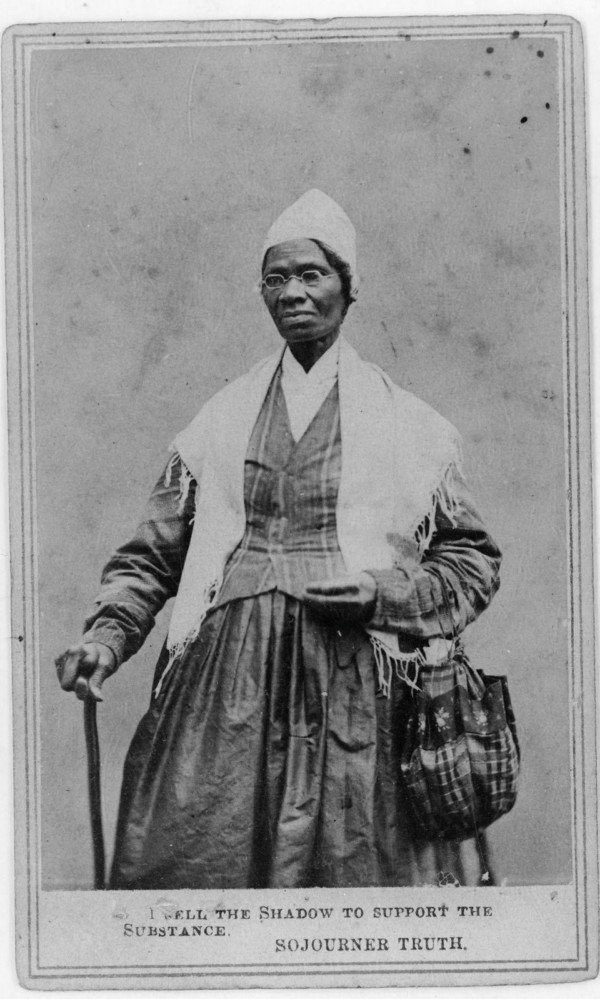



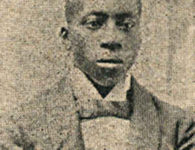




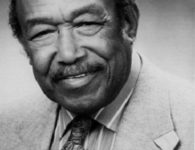
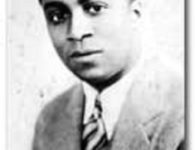


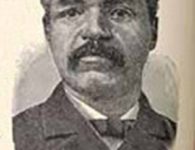
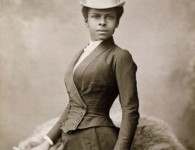

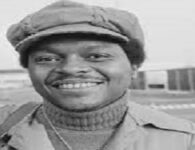
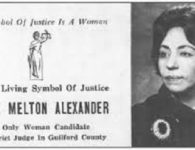


2 Comments
Great Artical
Good post. Thanks.